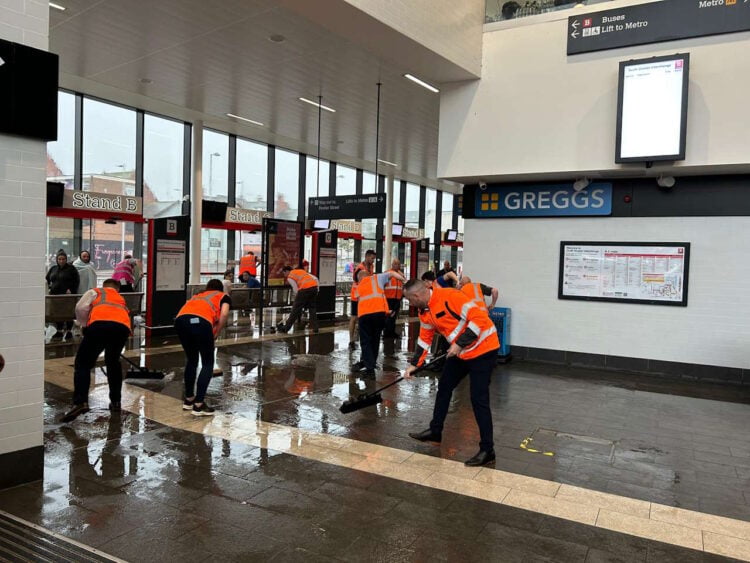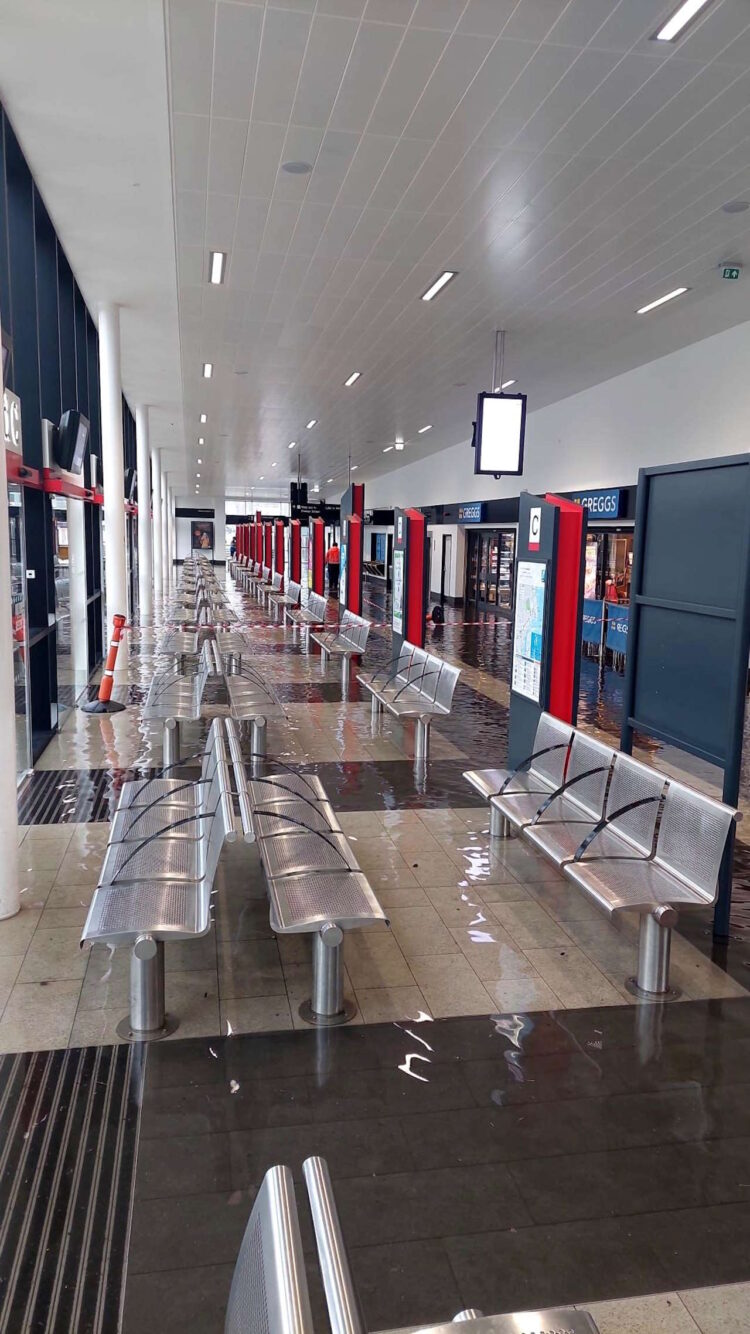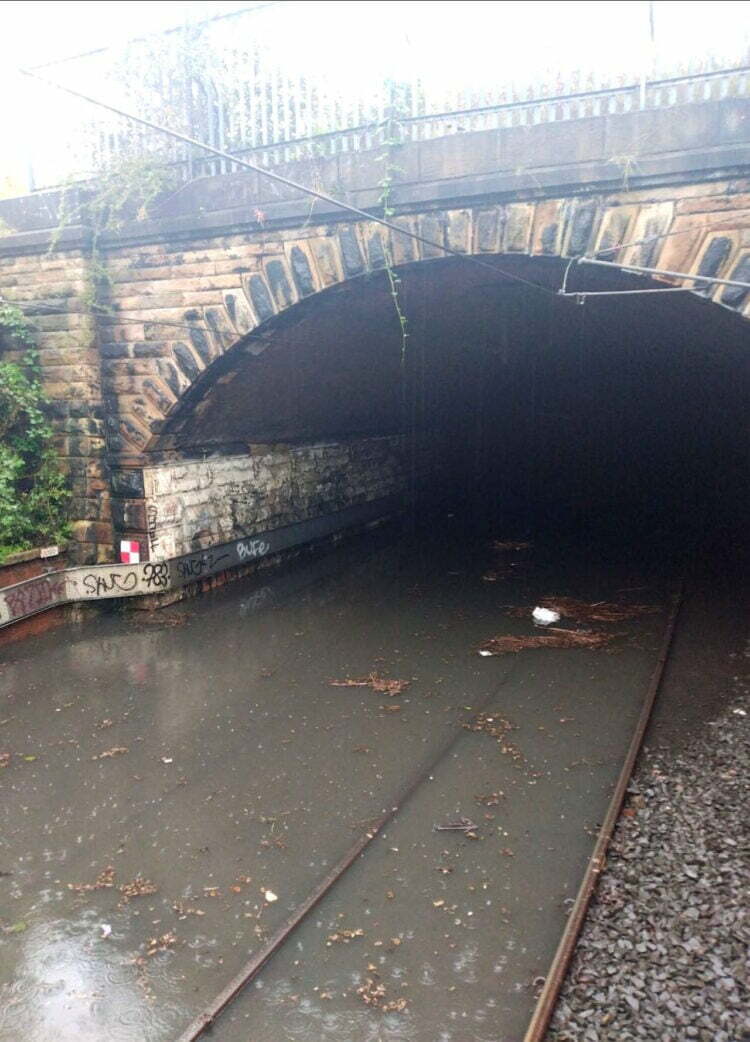During this year’s Great North Run, the Tyne and Wear Metro carried a record number of people with over 100,000 customers using the network.
Nexus, the public body that owns and manages Metro, said it was the highest-ever footfall in the 39 years it had supported the run. It was also a record-breaking day for the Shields Ferry across the Tyne, which carried 11,200 passengers, and 17,000 journeys were made on the local bus network. According to Nexus, the figures demonstrate how important the public transport network is in making the Great North Run such a success.

The record-breaking figures came despite severe downpours affecting the run, and roads and transport being disrupted when people were making their way home from South Shields. On the afternoon of the run, a month’s worth of rain fell in just one hour, which caused flooding at the South Shields Interchange and in the Tyne Dock tunnel on the Metro line.

To clear the flooding, Nexus deployed all its own resources as well as its frontline teams receiving valuable help from the Tyne and Wear Fire and Rescue Service. Just an hour after the floods had caused chaos, the Metro line re-opened and services resumed so everyone could travel home safely from South Shields.

Interim Managing Director, Cathy Massarella, said: “We’ve seen a record number of customers using Metro at this year’s Great North Run, with over 100,000 journeys the most that we have ever seen.
“The high footfall shows how public transport networks have such a vital role to play in serving this world-famous event, which has a truly global appeal. We’re already looking forward to next year and the planning is well and truly underway.
“Getting everyone home from South Shields is a big logistical challenge for us, but we meet that challenge head-on every year, and in future events, we’ll be able to have our first new Metro trains serving the runners.
“This year was extra challenging due to the flash flooding which occurred on the Sunday afternoon. It was only because we had so many customer service and engineering teams ready in the area that we were able to look after customers as best we could and get the last of the queues away only an hour later than in 2022.”





Responses